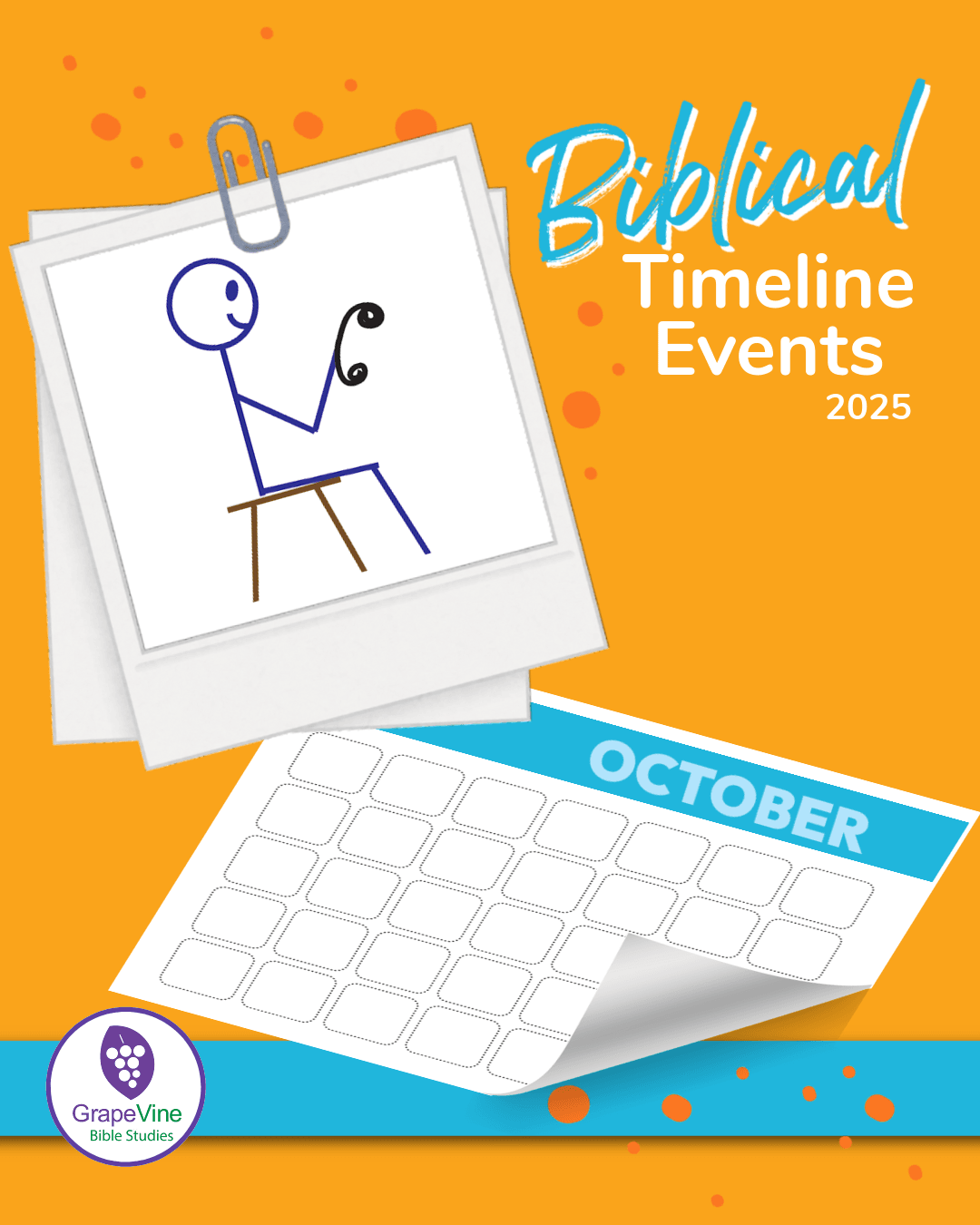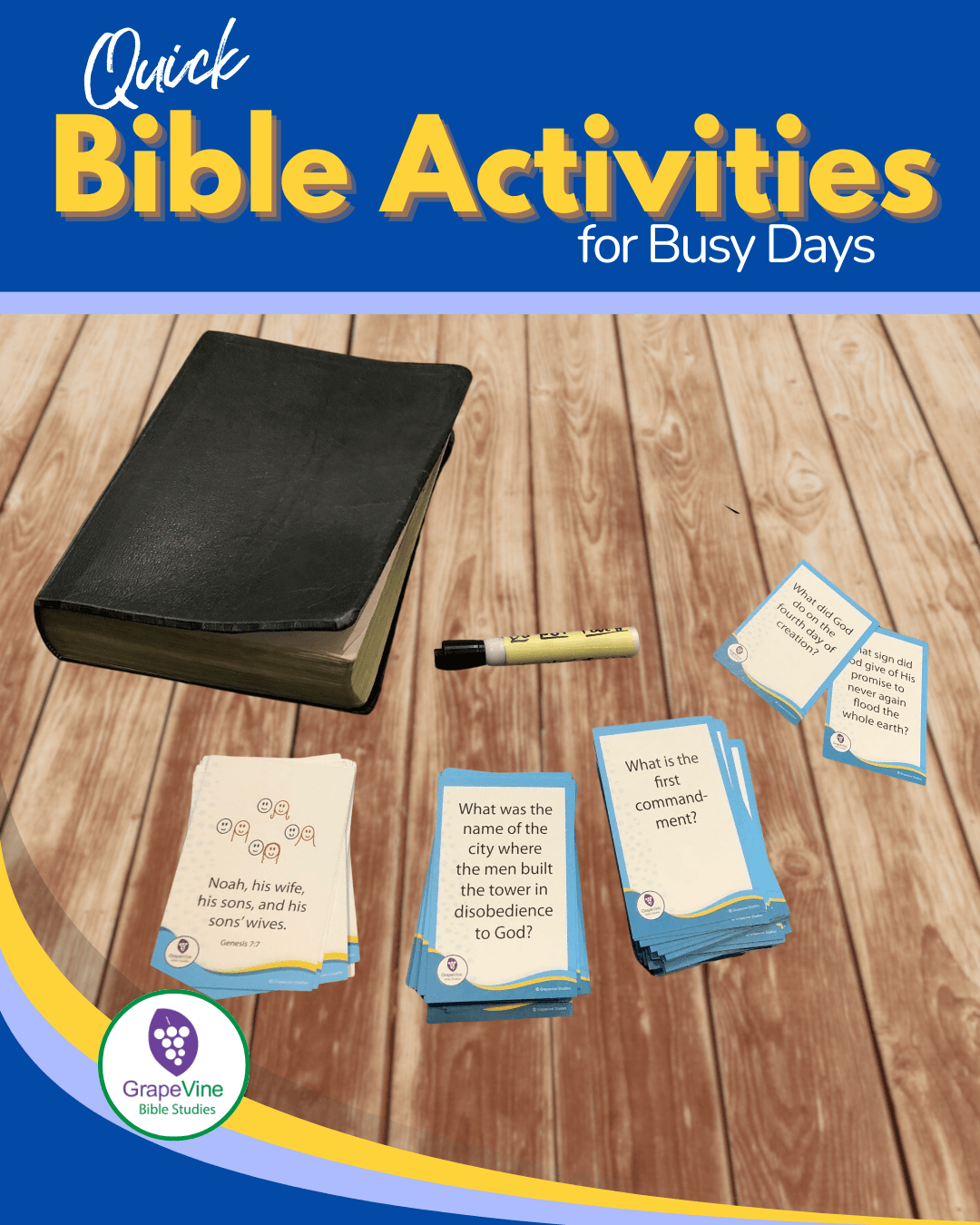
Building a Weekly Bible Routine That Works for Any Age
📅Do you ever wonder how to fit Bible study into your family’s already busy schedule?
📅Are you looking for a routine that works for both younger kids and older students?
📅Maybe you’ve tried before but struggled to stay consistent.
The good news is this: building a weekly Bible routine doesn’t have to be overwhelming. With a little planning and flexibility, you can create a rhythm that helps every age group in your home or classroom stay engaged with God’s Word.
Why a Weekly Bible Routine Matters
Consistency helps Scripture learning sink into your students. As teachers, it gives you freedom knowing your have it incorporated into your schedule and you are not trying to fit it in around other events. Whether you’re teaching at home, in a church, or in a co-op setting, a regular Bible rhythm creates space for kids (and adults!) to:
- Grow in knowledge of God’s Word
- Develop habits of prayer and reflection
- Build confidence in sharing what they’ve learned
As we settle into a routine of Bible study, it becomes a natural part of our day, and spiritual growth and normal part of our life.

3 Steps to Build a Routine That Works
1. Choose a Time You Can Keep
The best routine is the one you can actually do. For some, mornings work best. For others, evenings or weekends are more realistic. Start small—just once or twice a week—and grow from there. Don’t worry about what other families or classes are doing, just focus on what you are doing.
2. Keep It Age-Appropriate
Younger kids learn best through drawing, storytelling, and short discussions. Older students can handle timelines, memory verses, and deeper questions. The key is to keep everyone engaged at their own level while still learning together.
3. Mix Structure with Flexibility
Have a plan, but don’t be afraid to adjust. Missed a day? Pick up where you left off. On busy weeks, shorten the lesson or focus on just one activity. The goal isn’t perfection—it’s consistency over time.
4. Start
The key is to start and don’t get discouraged but when things don’t work out for that day or week. Put it on the calendar and let everyone know your start date. Use the things that aren’t working as a launching point to something that works better in your situation.

Practical Ideas for Any Age Group
- For Families: Choose one night a week for Bible study and let kids lead parts of the discussion. Or choose a book of the Bible to read through as a family. As one family member reads, the others draw, and then share their drawings and observations.
- For Classrooms: Use a weekly timeline review game to keep lessons fresh regardless of what you are studying that week.
- For Co-ops: Assign different students to read or draw parts of the lesson. Play games that relate to the lesson to review the facts from the lesson.
Making It Last
Remember—your Bible routine doesn’t need to look like anyone else’s. What matters is finding a rhythm that works for your family or class and sticking with it. Over time, those weekly moments in God’s Word will add up to a strong foundation of faith for every age.

Related Posts


